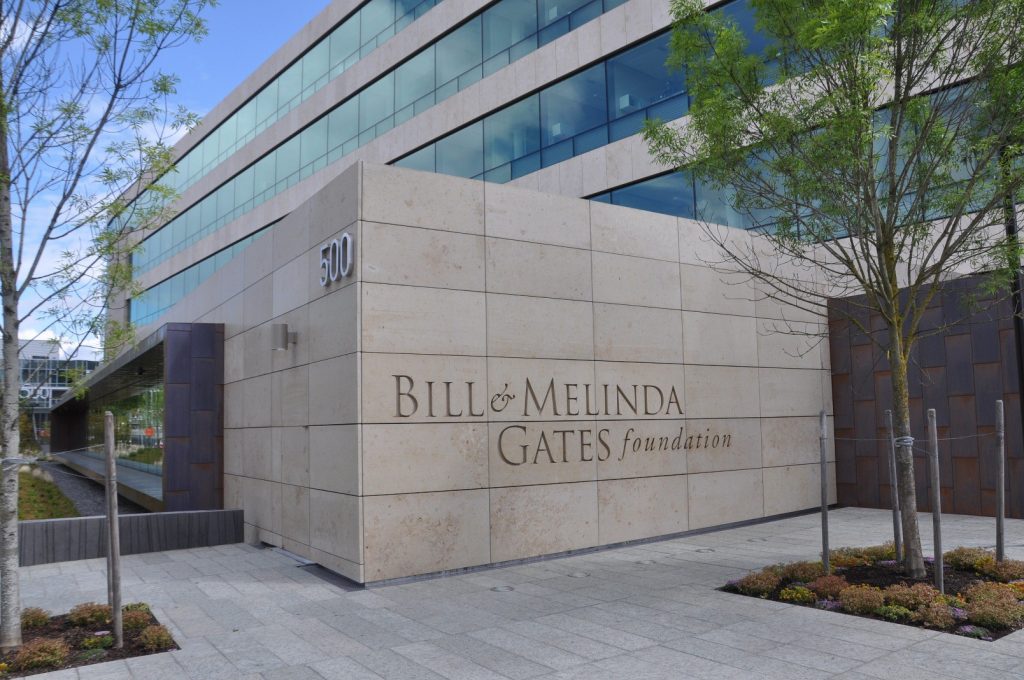As of January 2017, the Bill and Melinda Gates Foundation will require that all research funds be published for free and open to the public, according to a recent statement. A policy that, in fact, conflicts with that of the main journals such as Science, which generally charge for access at least during the first months.
The enormous influence of the Gates Foundation, then, could be crucial in changing the prevailing paradigm and making information (digitalizable, copied at a marginal cost close to zero because the Internet is free ) a less speculative material at a commercial level. Would Open Access be closer than ever?
At the moment, the trend towards Open Access is favorable, as you can see in the following graph that reflects the free access of studies of different disciplines from 1998 to 2006; and the position of the Gates Foundation could build a powerful accelerator of the trend.
Although there is a big difference depending on the discipline we analyze, the black line shows the percentage of open access jobs in all of them. The disciplines that are most resistant to free access are medicine and biomedicine: one possible reason is that many medical institutions are willing to pay a lot of money to access studies. But even the profit motive does not discourage the tendency towards openness since in 2008 the National Institutes of Health began to demand that the documents generated by the research it finances (which is taxpayers’ money) be freely available to the public for one year. after publication or before.
The following excerpt comes from a 2012 UNESCO report on the practice of open access, which the organization strongly encourages as a way of disseminating knowledge and information to everyone:
Through open access, researchers and students from all over the world have greater access to knowledge, publications receive greater visibility and greater readership, and the potential impact of research is greater. By increasing access and knowledge sharing we increase opportunities for equitable economic and social development, intercultural dialogue, and the potential to incentivize innovation.

